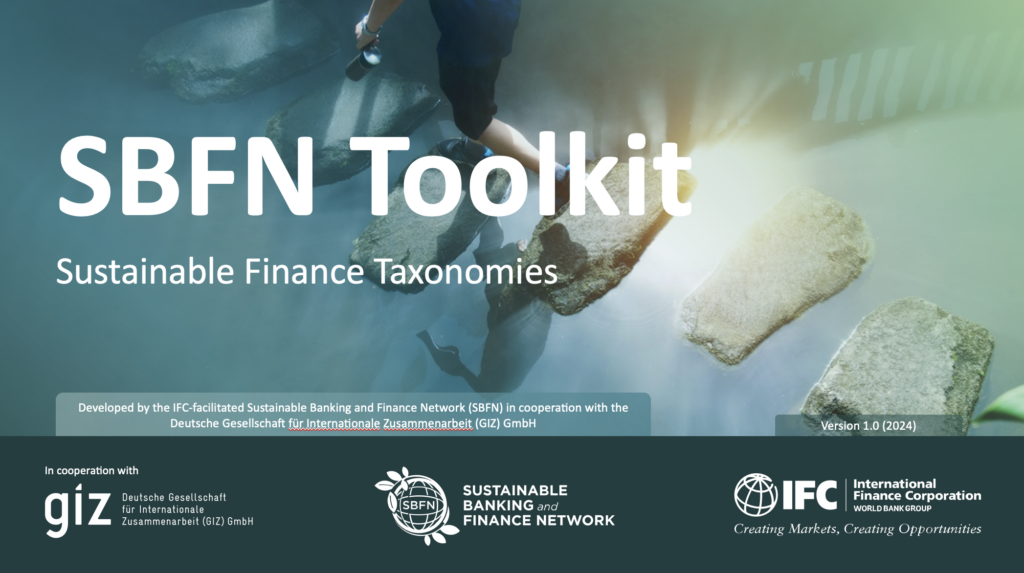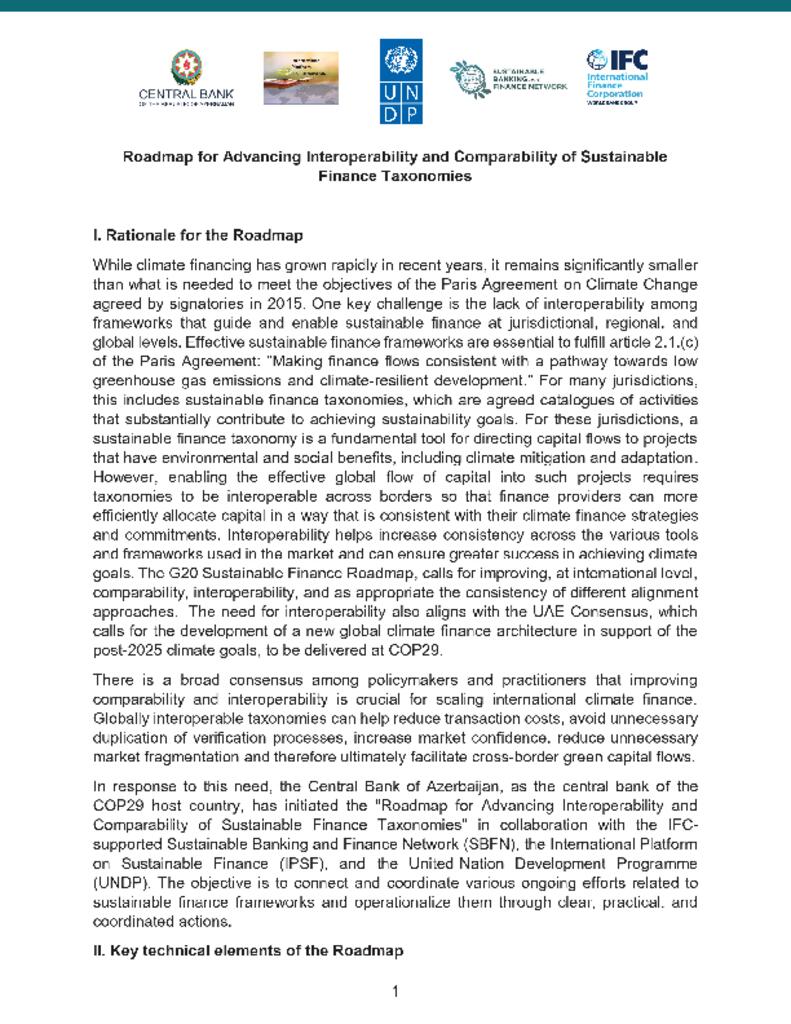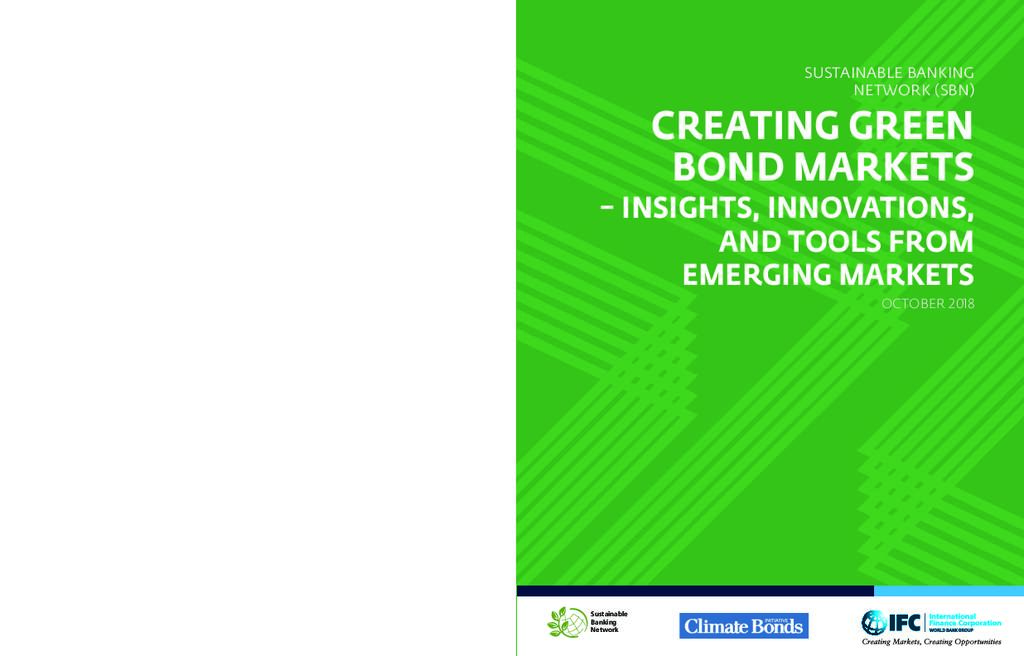About this Working Group
The Sustainable Finance Instruments Working Group (formerly the Green Bond Working Group) was established in 2018 to respond to members’ growing interest in the rapidly expanding market and innovations in sustainable finance instruments.
In April 2024, the Working Group launched the SBFN Toolkit on Sustainable Finance Taxonomies, aimed at supporting financial sector regulators and banking associations in emerging markets to develop and update national and regional taxonomies by leveraging international good practices.
In November 2024, SBFN and the Central Bank of the Republic of Azerbaijan (CBAR) co-developed the “Roadmap for Advancing Interoperability and Comparability of Sustainable Finance Taxonomies” in collaboration with the International Platform on Sustainable Finance (IPSF), and the United Nations Development Programme (UNDP). This initiative aims to address inconsistencies in the standards, increased investment cost, and challenges in investments and cross-border financing.
Main Objectives
- Advance implementation of sustainable finance taxonomies: Provide practical guidance and tools to support members in the development and implementation of their own taxonomies.
- Enhance interoperability and comparability: Convene global organizations and promote alignment of taxonomies to reduce redundancies and strengthen connections across sustainable finance efforts.
- Facilitate capacity building: Organize webinars and peer-to-peer learning opportunities for SBFN members to share experiences and lessons learn as they develop taxonomies.
Working Group Co-Chairs

Financial Markets and Stability, National Treasury of South Africa

Department of Surveillance and Integrated Financial Services Sector Policy, Otoritas Jasa Keuangan (Indonesia, Financial Services Authority)

Latin American Banking Federation, FELABAN



